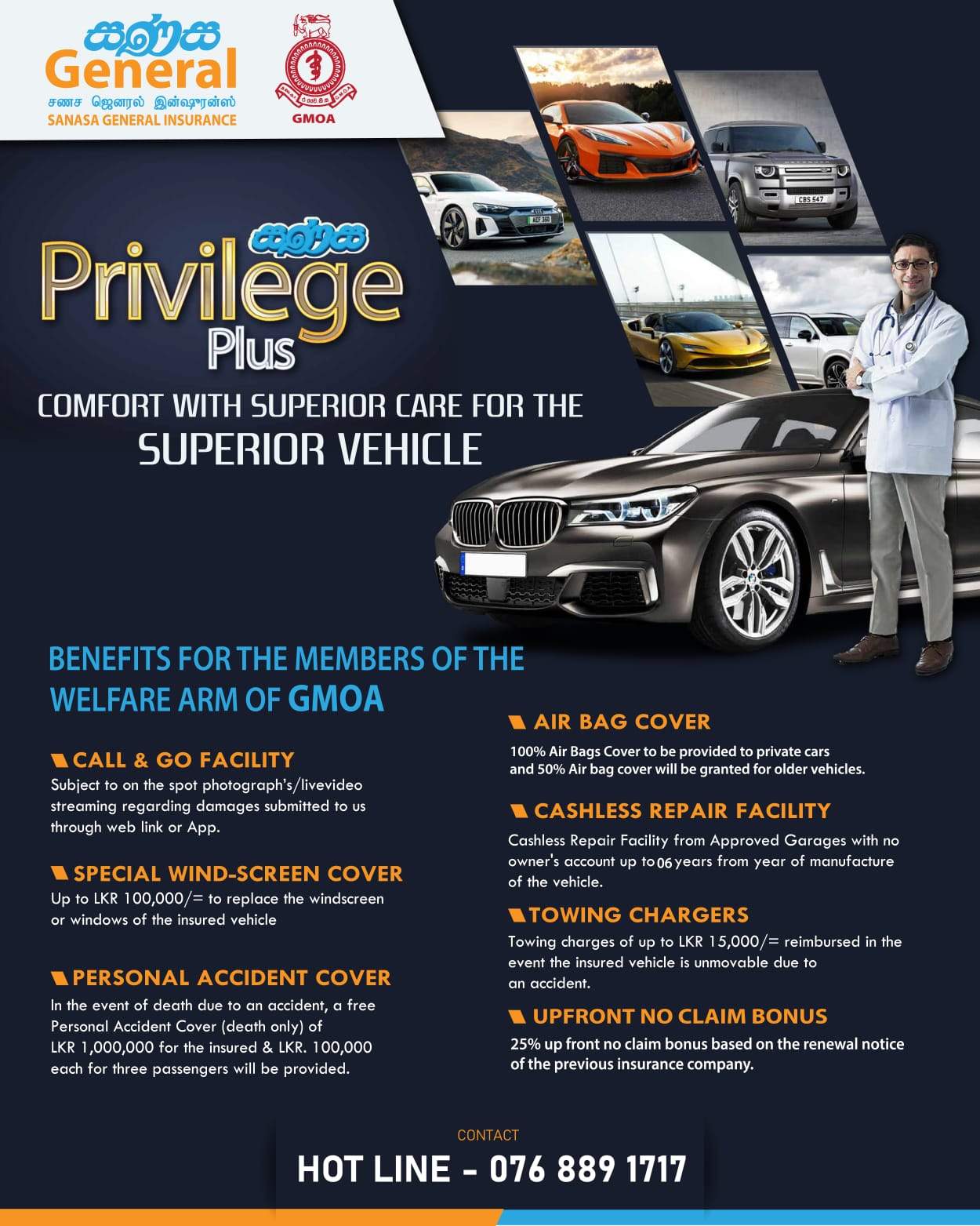Sri Lanka has achieved high medical standards for many decades. This needs to be preserved by maintaining the quality of medical education in order to protect the best interests of patients.
Academic background of Assistant Medical Practitioners (AMP’s)
Prior to 1987, AMP’s (known as apothecaries) were recruited from candidates having six simple passes in G.C.E. Ordinary Level examination. After 1987 this entry qualification was changed to three simple passes in G.C.E. Advanced Level examination. Most of the current AMP’s who have sought medical registration with the SLMC were recruited with under the first scheme.
Academic competencies and clinical exposure of AMPs
The training programme of AMP’s comprises 2 ½ years training at the National Institute of Health Services (not a registered University) including six months of clinical training. This clinical training composed of only 14 weeks of hand skills training and the rest was spent as observers in clinics.
AMPs are present only in Sri Lanka
There’s no post called AMP anywhere else in the world, whereas Apothecaries are present elsewhere. In Sri Lanka Apothecaries first became “medical assistants” and then AMPs without any academic enhancement.
Fraudulent Russian Degree and AMPs
To be registered as a medical practitioner in Sri Lanka, an individual should graduate from a Faculty of Medicine in a University with M.B.B.S. having excelled at G. C. E. Advanced Level examination.
The Ministry of Health facilitated a degree programme for AMPs in St. Petersburg University, Russia for six years, which was subsequently reduced to three years. Further the AMPs were given the unusual privilege of paid full time leave for three years to follow this program.
Subsequently the AMP’s produced a St. Petersburg MD certificate to Sri Lanka Medical Council. Degree certificate mentioned FULL TIME RESIDENTIAL 3 YEARS. But their passport did not support stay in Russia. Therefore the Police (CID), Supreme Court of Sri Lanka, SLMC and a commission appointed by the Secretary of Health all concluded that this was a fraudulent certificate.
The GMOA submission in response to this is as follows:

The Sri Lanka Medical Council, University Grants Commission and Deans of all Medical Faculties have upheld medical standards to date.
Dr. Sarath N. Silva in Open Court mentioned that if registration is allowed, then Notary public will soon request to become Lawyers, Draftsmen will request to become Architects or Surveyors undermining the quality of all professional services in Sri Lanka.
It is patently clear that AMPs possess a fraudulent medical certificate. We therefore expect that all authorities including the SLMC will take necessary action to safeguard the medical profession and patients of this country.
Press Release: 03-02-2014








